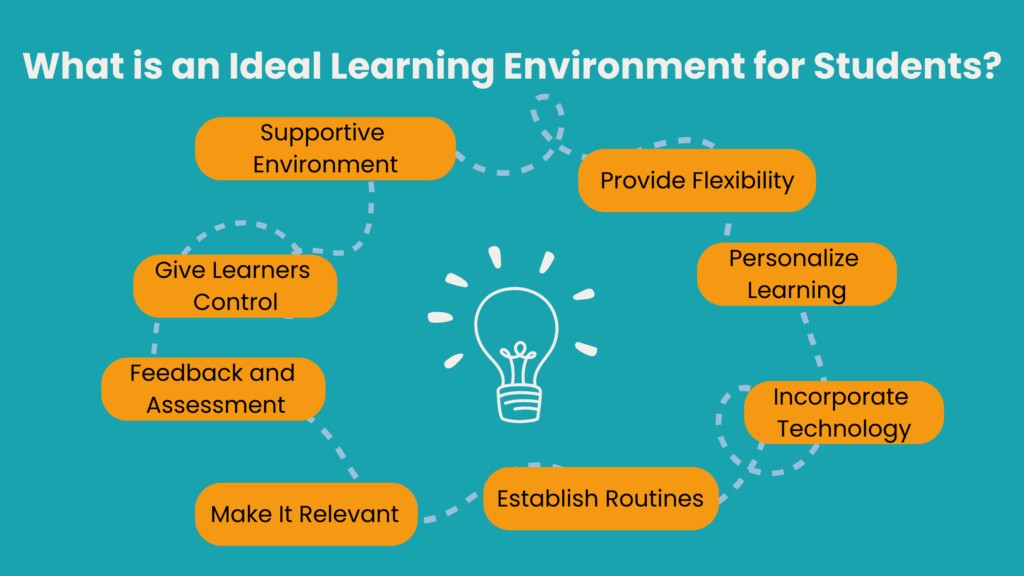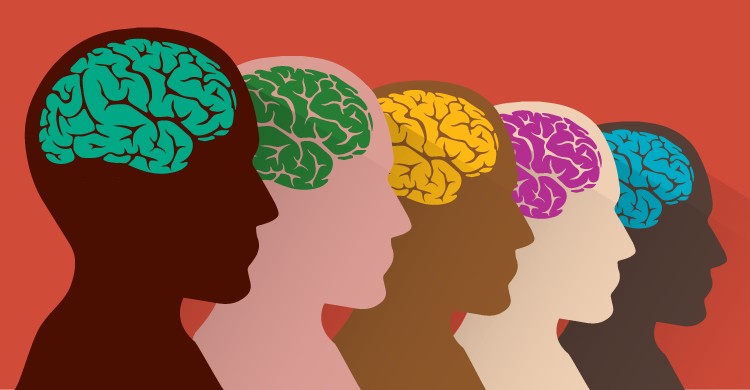In the rigorous pursuit of knowledge and intellectual growth, academic institutions often place immense emphasis on cognitive abilities, study habits, and access to educational resources. While these elements are undeniably crucial, a growing body of evidence unequivocally points to another, often understated, pillar of academic achievement: mental health. The well-being of students’ minds is not merely a supplementary consideration but a foundational prerequisite for effective learning, sustained engagement, and ultimately, holistic academic success. Neglecting mental health support within educational ecosystems is akin to attempting to build a skyscraper on an unstable foundation; the structure, no matter how meticulously designed, is destined to falter under pressure.
The profound connection between mental health and academic performance stems from the intricate interplay between emotional well-being and cognitive function. When students experience mental health challenges such as anxiety, depression, or stress, their capacity to concentrate, retain information, and engage in critical thinking is significantly compromised. Imagine a student grappling with overwhelming anxiety before an exam; the very cognitive resources needed to recall facts and apply concepts are instead consumed by racing thoughts, physical tension, and fear of failure. This internal turmoil creates a powerful barrier to effective learning and performance, making it nearly impossible to demonstrate their true academic potential, regardless of their inherent intelligence or preparation.
Furthermore, mental health issues can severely impact a student’s motivation and engagement with their studies. Depression, for instance, often manifests as a pervasive lack of energy, loss of interest in previously enjoyable activities, and difficulty initiating tasks. A student experiencing these symptoms might struggle to attend classes regularly, complete assignments on time, or participate in group discussions, leading to a downward spiral in their academic trajectory. The joy of learning can be overshadowed by apathy, and the drive to excel can be extinguished by a sense of hopelessness. Without adequate support, this disengagement can lead to academic underperformance, course withdrawal, and in severe cases, dropping out altogether.
Beyond individual cognitive and motivational impacts, untreated mental health conditions can also affect a student’s social and interpersonal functioning, which is intrinsically linked to academic success in collaborative learning environments. Difficulty forming relationships, withdrawing from social interactions, or experiencing conflicts with peers can isolate students, denying them access to valuable study groups, peer support, and a sense of belonging within the academic community. This isolation can exacerbate feelings of loneliness and despair, creating a vicious cycle that further detracts from their ability to thrive academically and personally. A healthy social support network is a significant protective factor against academic stress and a promoter of overall well-being.
Moreover, the transition into higher education, in particular, often presents a unique set of stressors that can trigger or exacerbate mental health issues. Students are frequently navigating new living arrangements, increased academic rigor, financial pressures, and the absence of established support systems. For international students, these challenges are compounded by cultural adjustments and language barriers. Without readily accessible and culturally sensitive mental health services, these stressors can overwhelm even the most resilient individuals, leading to burnout, academic distress, and a deterioration of their overall health. Proactive and accessible mental health support systems are therefore not just reactive measures but essential preventative infrastructure.
Effective mental health support in an academic setting encompasses a multi-faceted approach. It includes readily available counseling services, peer support groups, workshops on stress management and resilience, and integrating mental health literacy into the curriculum. Institutions must foster a culture where seeking help is destigmatized and viewed as a sign of strength, not weakness. This involves training faculty and staff to recognize signs of distress, providing clear pathways to support services, and promoting open conversations about mental well-being. When educators themselves are equipped to respond empathetically and guide students towards appropriate resources, the entire academic environment becomes more supportive and conducive to student flourishing.
For example, consider a university that implements a comprehensive wellness program offering free, confidential counseling sessions, mindfulness workshops, and academic support groups focused on stress reduction techniques. A student struggling with exam anxiety might access these services, learning coping mechanisms and developing a more balanced perspective. This intervention allows them to approach their studies with a clearer mind, enabling them to concentrate on the material and perform to their true potential, rather than being crippled by fear. Such support directly translates into improved grades, better retention rates, and more well-rounded graduates.
In conclusion, the notion that academic success is solely a product of intellectual prowess and diligent study is a limited one. A robust and accessible mental health support system is not merely a compassionate addition to educational institutions; it is an indispensable component of an effective learning ecosystem. By prioritizing the emotional and psychological well-being of students, institutions are not only fulfilling their duty of care but are also making a strategic investment in academic excellence, student retention, and the cultivation of resilient, adaptable, and high-achieving individuals prepared to contribute meaningfully to society. Supporting the mind ensures the brightest futures for both students and the institutions that serve them.




